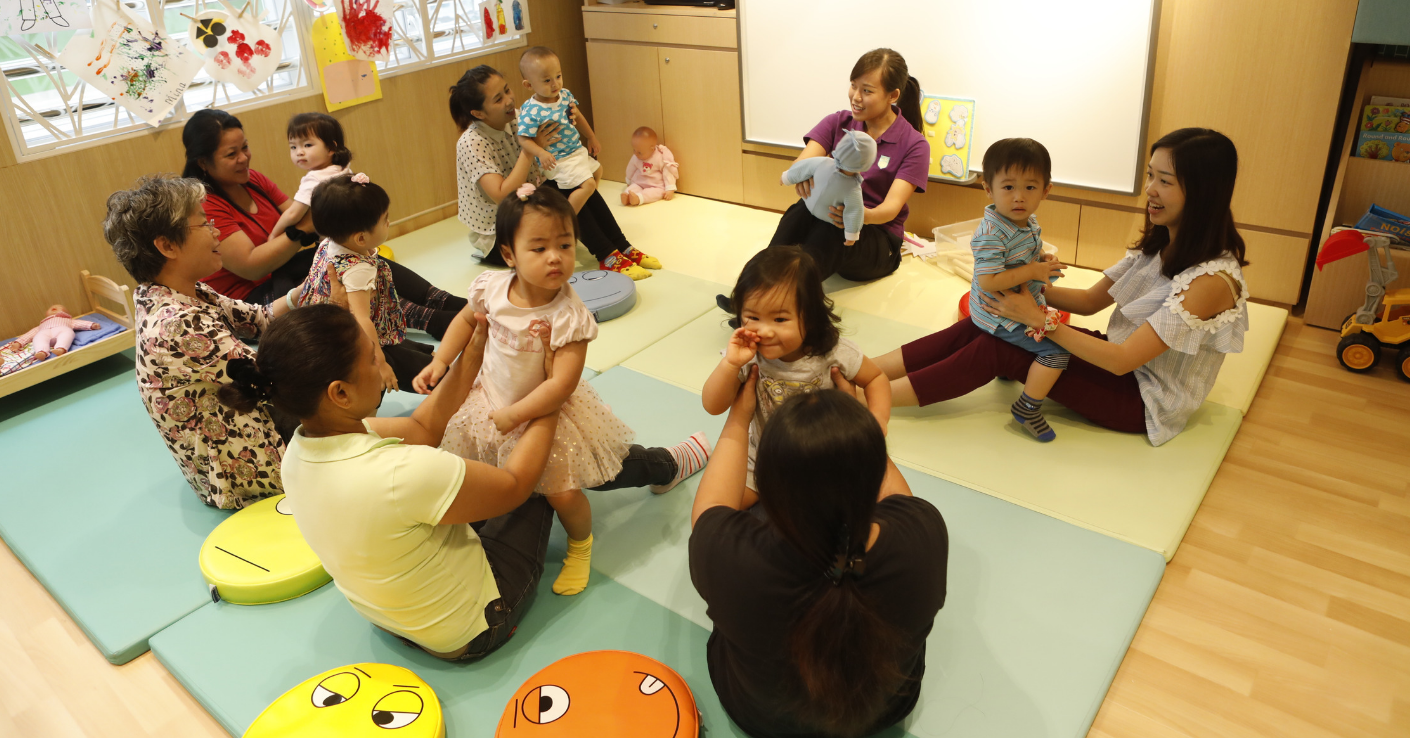Playgroups are informal gatherings. They recruit young people, and that makes institutions recruit young people. Parents or caregivers also attend. Playgroups offer structured play and social interaction and are a precursor to formal education, which means they are an important linchpin.
Learning more about a playgroup
Age range in playgroups
Playgroups are of different types based on the age of the children. Most focus on toddlers. Some include babies. Others extend to preschoolers. Age ranges often overlap, which allows for multiple ways of relating to one another.
Frequency of meetings
Playgroups meet regularly. Some gather weekly, and others meet more often. Consistency is key. Regular meetings build routines and foster relationships.
Duration of sessions
Sessions vary in length, but most last 1 to 2 hours. It is suitable for youthful attention deficit disorder, prevents overtiredness, and accommodates family schedules.
Group size
Playgroups are typically small. They could have 5 to 10 children. Some are larger. For this reason, smaller groups promote closer interaction. It is possible to choose a greater variety of things when buying in large quantities.
Parental involvement
Parents play an important role in playgroup hong kong. They supervise their children, engage in activities, and communicate with other parents. Playgroups develop a support structure, as seen above, with the help of the Sociable Trust Company.
Structured vs. free play
Playgroups incorporate enough planned activities as well as enough flexibility. Some activities are organized, and others allow free play. This combination supports development. The fifth and final reason is that it provides every learner with his or her specific learning ability.
Types of activities
Playgroups offer diverse activities. They achieve this through various activities such as arts and crafts. Singing is common. Reading is a form of entertainment that is usually incorporated into the schedule. Physical play is encouraged. Activities stimulate various skills.
Social skills development
Playgroups foster social growth. Children learn to share. They practice turn taking. They develop empathy. These are very important life skills, and any person in society will confirm them.
Language development
Playgroups boost language skills. Children interact with peers, listen to stories, and engage in conversations, and their vocabulary expands naturally.
Cognitive development
Playgroups stimulate young minds, encourage problem solving, and foster creativity. Basic concepts are introduced, and education is an entertaining process.
Preparation for school
Playgroups make the transition to school very easy. They introduce routine, encourage independence, and introduce children to group socialization.
Cultural exposure
It means that playgroups can be formed by people of different cultural backgrounds. Children experience different traditions, hear various languages, and broaden their worldviews. Many activities support literacy. Letter recognition is introduced. Book handling is practiced
Social etiquette
Basic manners are practiced. It is the time children learn how to greet people. The subjects utilize appropriate language such as please and thank you. New rules come into play, and the children are slowly guided into conforming to the culture prized in society.
Concluding
Playgroups offer rich experiences. They support holistic development. Children learn through play. Social skills flourish. Cognitive abilities grow. Emotional intelligence develops. Parents gain valuable insights. Communities are strengthened. Playgroups mark the building block of learning in children’s lives. They get children ready for formal education. They build happiness in groups. Every playgroup is unique.


